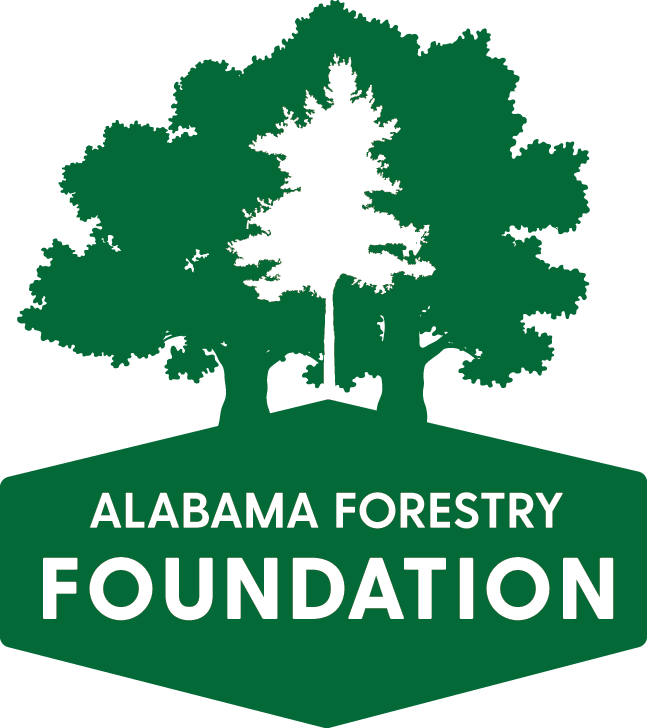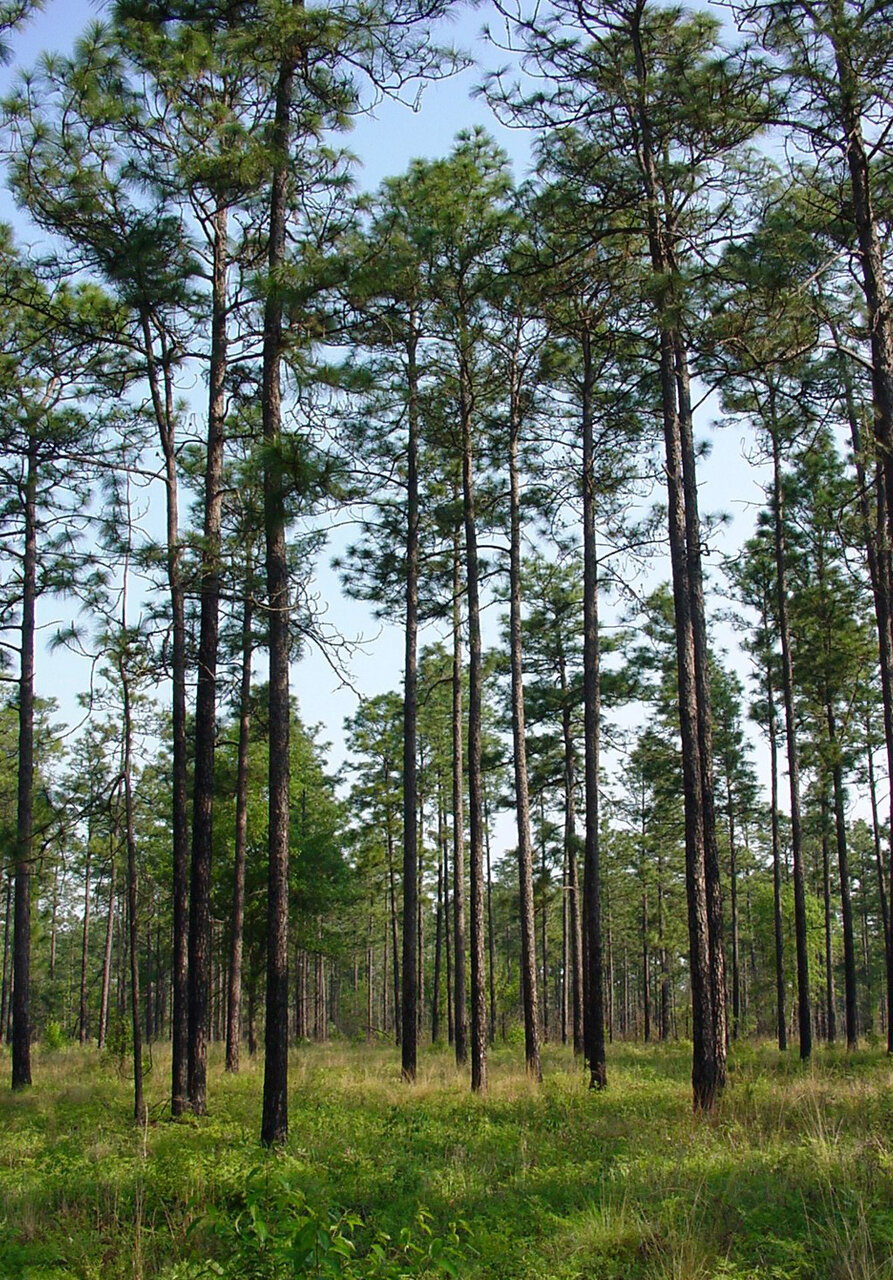Conservation
The Alabama Forestry Foundation works with landowners to promote forest conservation, protect water quality, and improve habitat for at-risk wildlife.
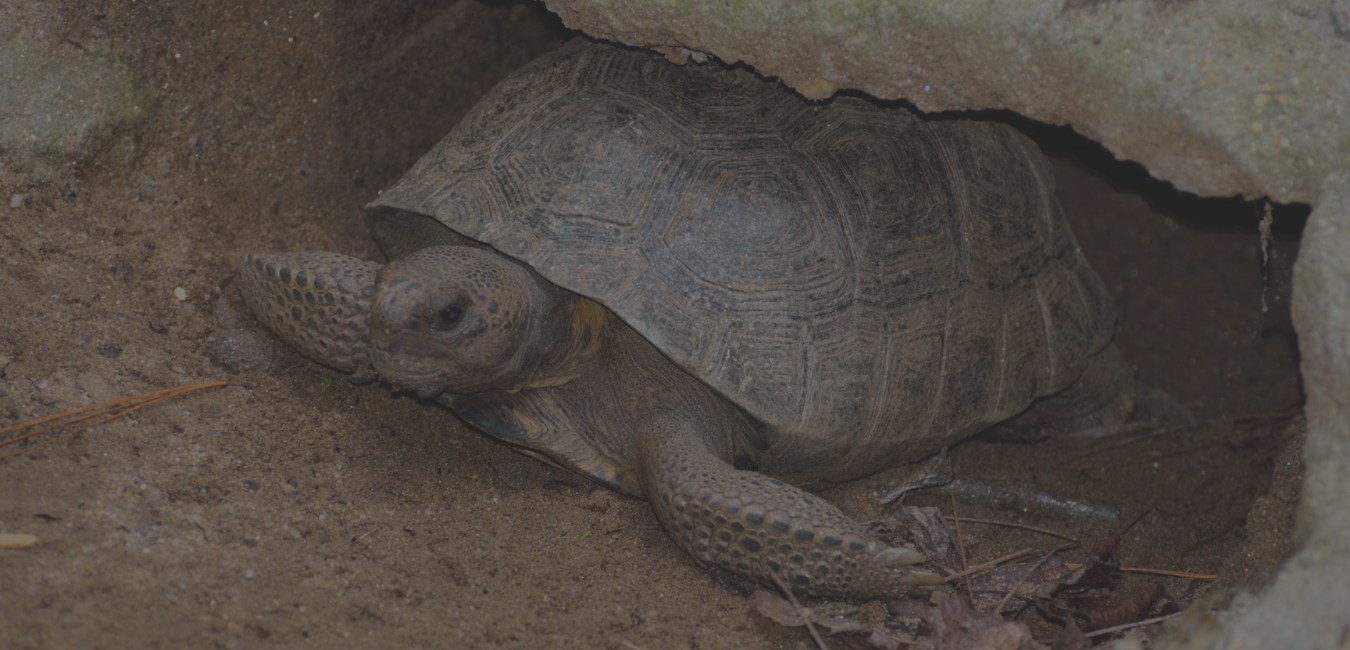
Education
The Alabama Forestry Foundation provides programs and resources for teachers to enhance their students’ math and science skills and increase their understanding for forestry.

Legal
The Alabama Forestry Foundation monitors policies implemented by state and local governments that impact landowners and pursues judicial remedies to protect landowners’ property rights.
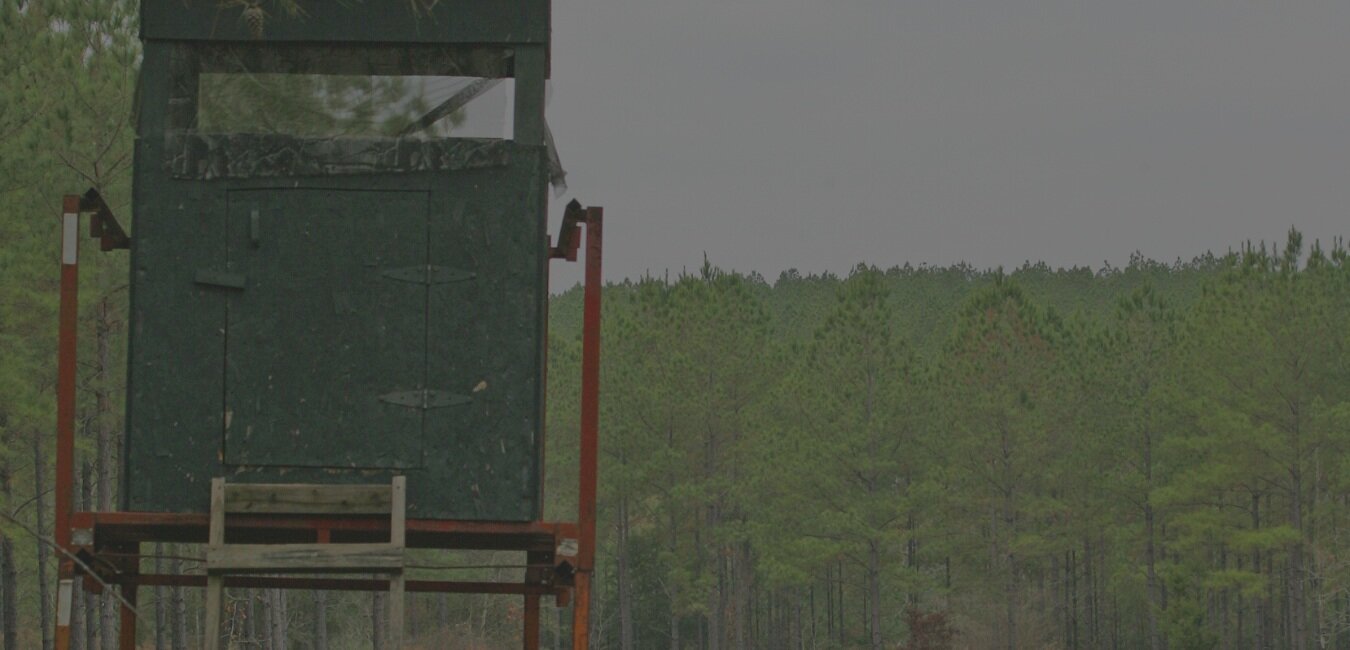
Markets
The Alabama Forestry Foundation works with state and national partners to promote wood-based construction and provides information to key decision makers in order to grow markets for forest products.
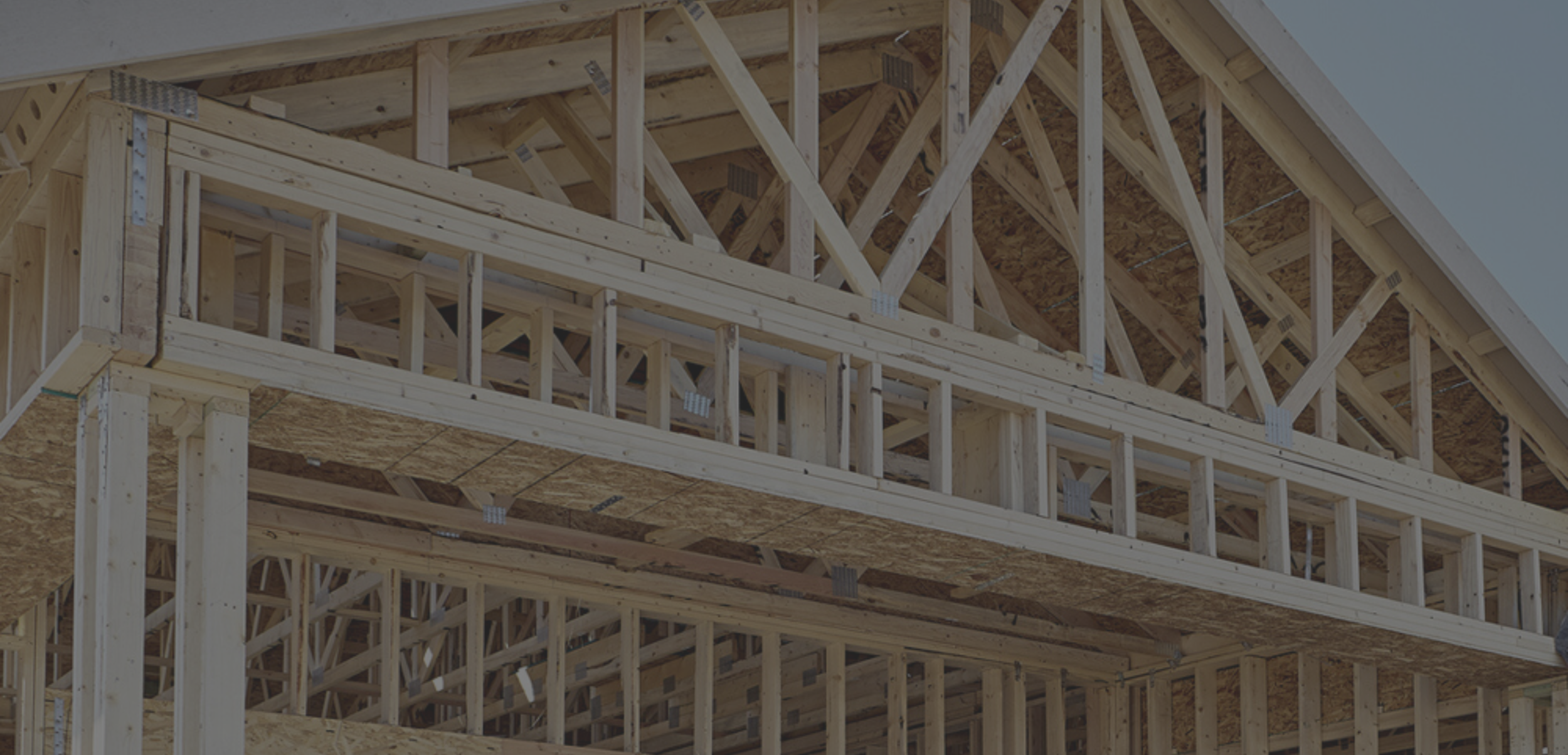
Sustainability
The Alabama Forestry Foundation promotes sustainable forest management and forest certification through the Sustainable Forestry Initiative and the Alabama Tree Farm Program.
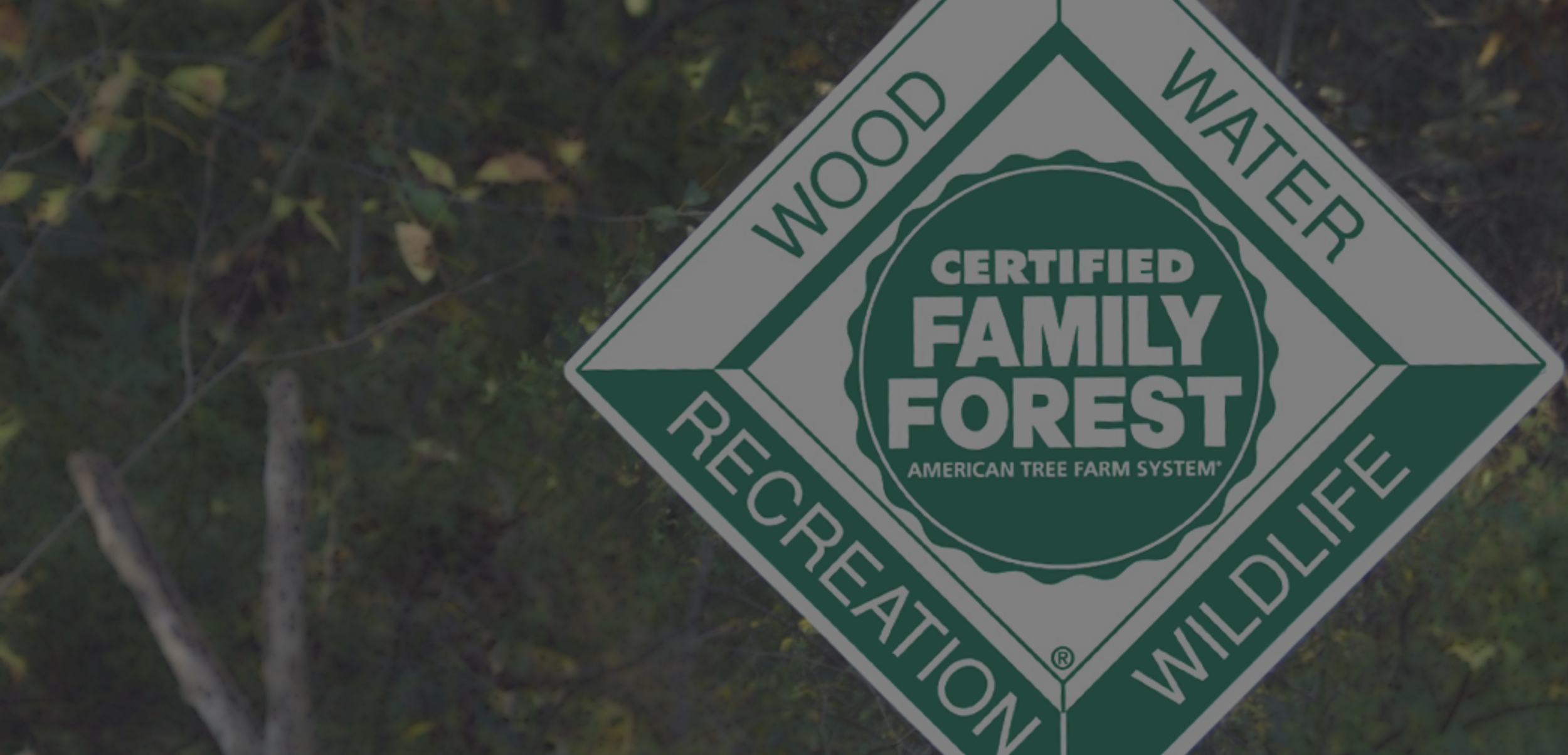
Healthy forests, healthy future.
Alabama’s 23 million acres of forestland represents the state’s most valuable natural resource and are home to an incredible diversity of animals and plants. Coupled with more than 132,000 miles of the most biologically diverse rivers and streams in the world, it’s easy to see why the state is called “Amazing Alabama.”
Alabama Forest Ownership

forest facts
learn about alabama’s forests
Alabama has the 3rd most timberland acreage in the contiguous United States - 71% of the state of Alabama is covered in forestland (nearly 23 million acres of it). The single most prevalent forest type is softwood (mostly pine) at 46% of stands, followed by 42% hardwood stands, and 12% mixed hardwood/pine stands.
The state is gaining timber volume at a higher rate than most all other Southeastern states showing a 37.3% increase between the periods of 2001 to 2019.
